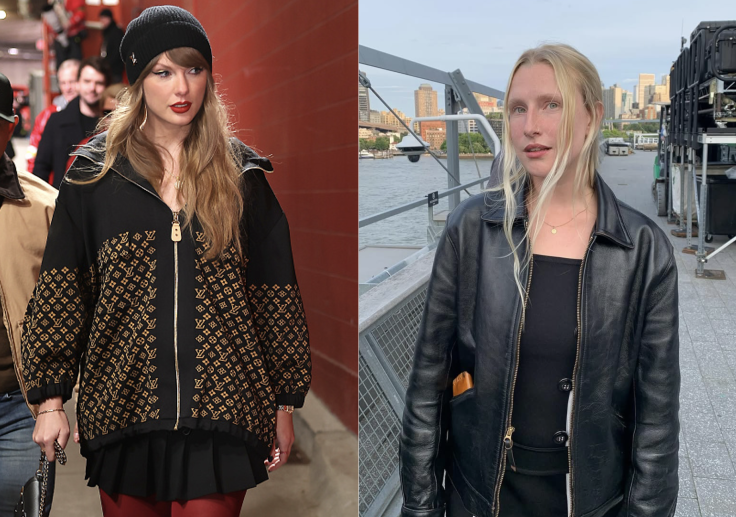
Folk singer Billie Marten didn't name Taylor Swift to attack her – but in a recent interview, she made it clear that Swift is a symbol of a music industry that's only working for the very few at the top.
Promoting her fifth studio album "Dog Eared," Marten spoke candidly about the widening financial gap between megastars and everyone else trying to survive in the streaming era. "There's too much music and there are too many famous people," she told The Independent, describing an oversaturated system where even hard-working artists are left behind. "It's a capitalist mentality, essentially, and we're all paying Taylor Swift."
'We're Not Doing Great'
The Yorkshire-born singer-songwriter, 25, has earned critical praise over the years, but said that recognition doesn't translate to sustainability. "I've worked the hardest and the longest and I am the most busy I've ever been – and I am not doing great," she said.
Marten isn't bitter, she emphasized – just realistic. She explained that many musicians quietly accept the conditions because they feel fortunate to be creating art. But she questioned whether that resignation is fair. "Should we make peace with it? And how do we change it?" she asked.
The Taylor Swift Capitalism Machine
Marten's remarks hit differently in the context of Swift's unstoppable commercial presence – a force some fans have begun referring to as Taylor Swift Capitalism.
It's a model of celebrity that turns everything into profit: from Swift's meticulously branded re-recordings and limited-edition vinyls to viral merchandise drops and citywide economic boosts via the "Eras" Tour. Her "Midnights" vinyls, for example, were sold in four versions that together formed a functioning clock — and were available for just 72 hours. Swifties rushed to buy all four.
On tour, Swift's merch is treated like luxury goods. Fans line up for hours to snag hoodies, T-shirts, or even the elusive blue crewneck. That fever has real economic consequences. Universal Music reportedly saw a 12% jump – over $173 million – in merchandise revenue, largely attributed to Swift.
And it extends beyond the music industry. After Swift attended a Kansas City Chiefs game last fall, tight end Travis Kelce's jersey sales jumped 400%, and his Instagram following ballooned by hundreds of thousands. One viral photo of Swift with chicken nuggets and "seemingly ranch" led to branded condiment launches and even an Empire State Building tribute.
Read more: Taylor Swift Pushing Through Private Pain Amid Harassment Nightmare: 'She Just Has to Deal With It'
Two Sides of the Same Coin
To Marten, this is exactly the issue: a system that over-rewards the top, while everyone else gets less. Streaming platforms funnel royalties disproportionately to megastars, leaving mid-level artists like her scrambling. "Less money is going to mid-level and low-level artists," she said plainly.
Her frustration isn't with Swift, but with what Swift now represents – a runaway model of success that's out of reach for most artists, even as they work harder than ever.
"Mostly, artists are in financial ruin no matter how successful they appear to be," Marten said. "But we're nice people who just want to make music."
© 2025 MusicTimes.com All rights reserved. Do not reproduce without permission.






